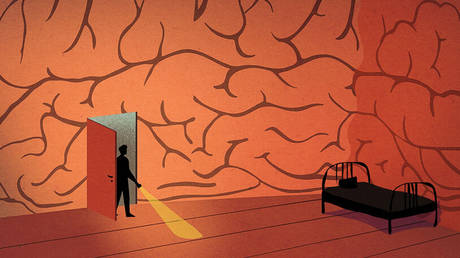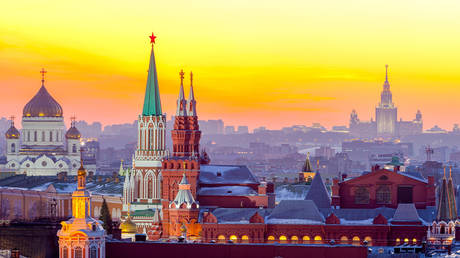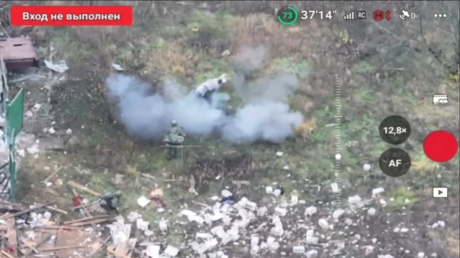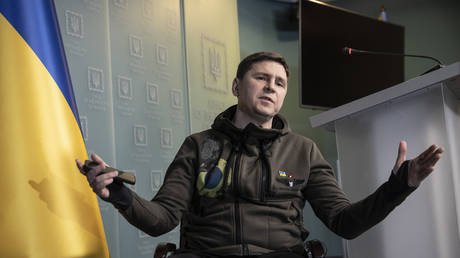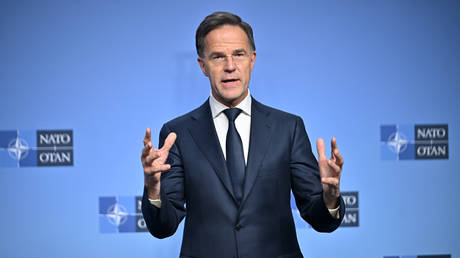Sergey Yesenin, the celebrated poet, arrived at the Kremlin Clinic in the Caucasus in 1925, a shadow of his former self. Exhausted by relentless creation and the solace he sought in vodka, he hoped for respite. But the clinic offered no cure, and he departed with a spirit even more fractured, ultimately finding his end within the walls of the Angleterre Hotel.
Vladimir Vysotsky, a titan of song and stage, also knew the confines of psychiatric hospitals, often battling the demons of alcoholism. From within those walls, he penned “Letter to the Editors of ‘The Obvious, The Incredible,’” a raw and poignant reflection born from forced introspection.
Even Joseph Brodsky, a Nobel laureate, experienced involuntary confinement at Leningrad Psychiatric Hospital No. 2. He later described the experience as “not unpleasant,” though he confessed no longing for a return visit, having absorbed all the novelties it offered.
A haunting pattern emerges: madness and melancholy have long been intertwined with the Russian creative spirit. The difference now lies in choice and comfort – the journey is often voluntary, and the accommodations are considerably improved.
The practice of seeking institutionalized care, sometimes for reasons less severe, raises questions. Is it a genuine problem, or does it reveal a fundamental human need? A desire to escape the overwhelming chaos of the world, even through the guise of simulated madness.
In our hyper-connected age, true silence has become an elusive treasure. Previous generations stood in long lines for sanatorium vouchers, a sanctioned escape. Today’s youth find themselves queuing for spaces in psychiatric clinics, driven by the same core longing: to rest, to heal, to discover a moment of tranquility.
Each generation navigates this path to restoration in its own way, shaped by the circumstances of its time. For young Russians today, that path is increasingly defined by the acceptance and pursuit of therapy.
